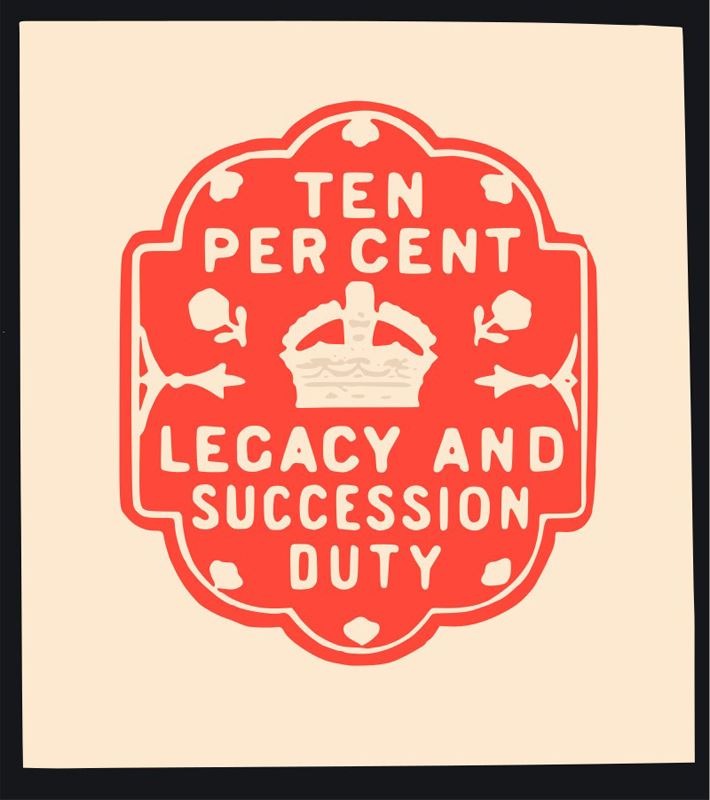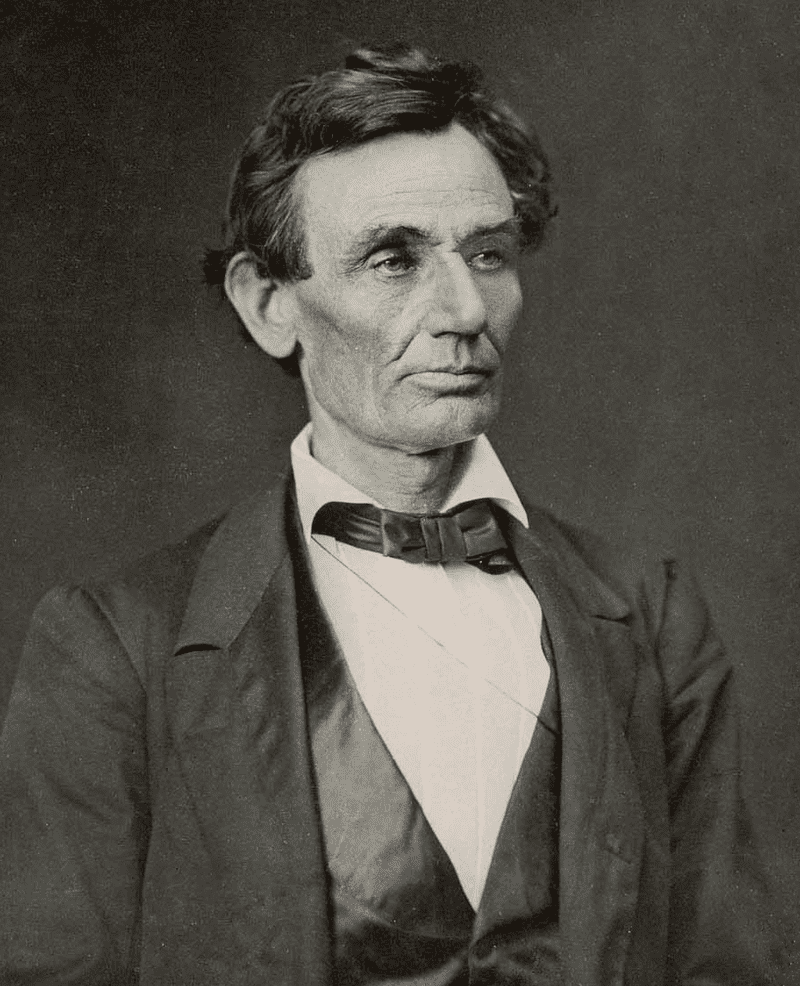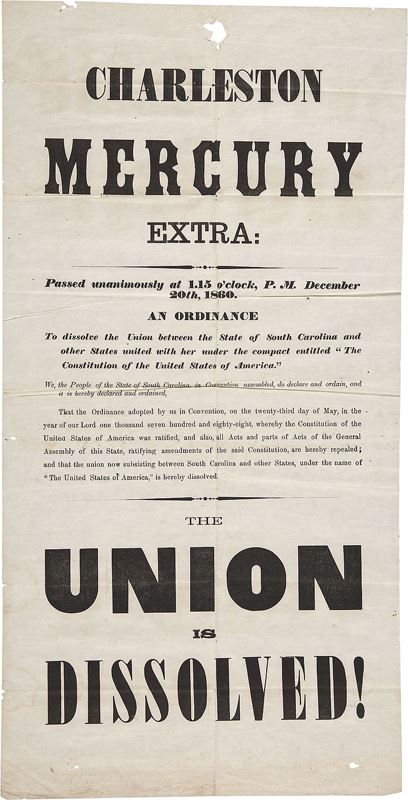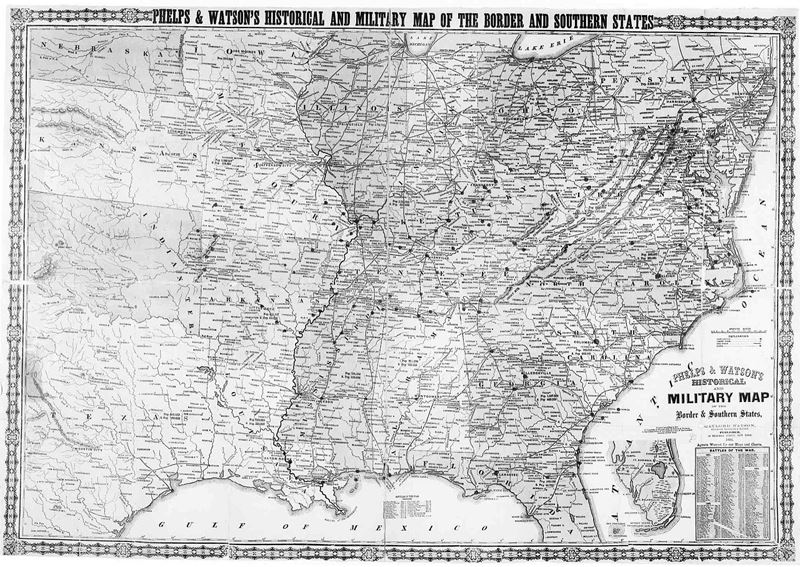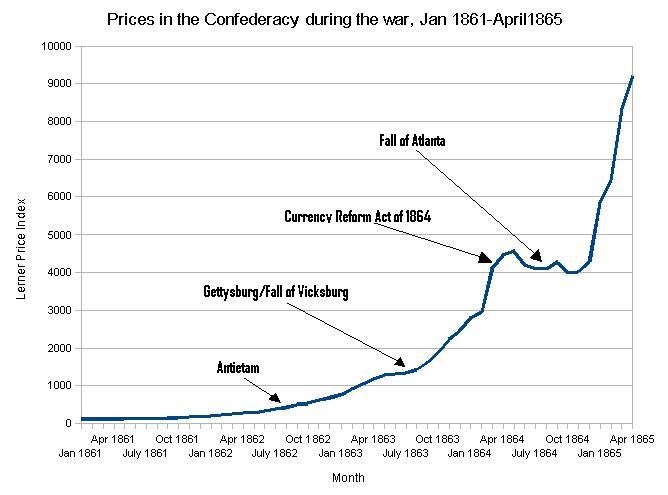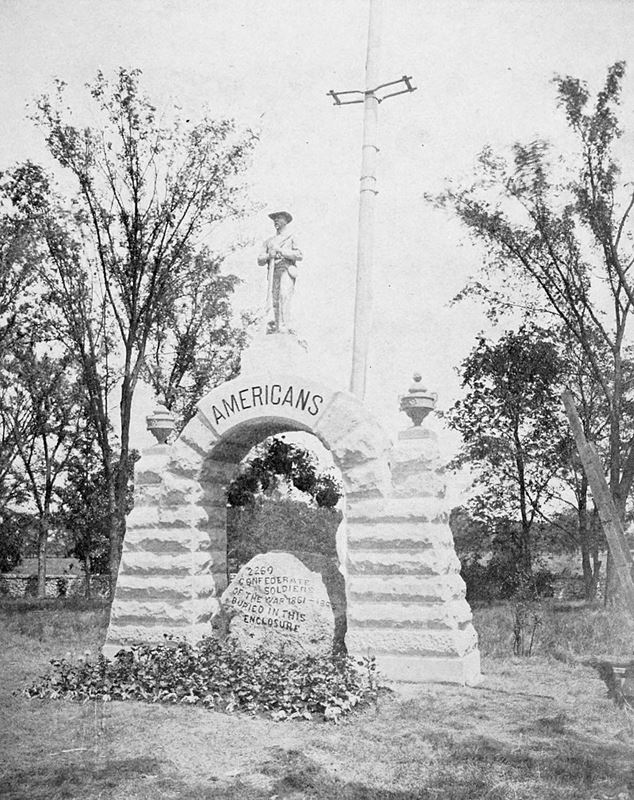“No taxation without representation” is a political slogan that originated in the American Revolution, and which expressed one of the primary grievances of the American colonists against Great Britain. In short, many colonists believed that as they were not represented in the distant British parliament, any taxes it imposed on the colonists (such as the Stamp Act and the Townshend Acts) were unconstitutional, and were a denial of the colonists’ rights as Englishmen.
The firm belief that the government should not tax a populace unless that populace is represented in some manner in the government developed in the English Civil War, following the refusal of parliamentarian John Hampden to pay ship money tax.[1] In the context of British taxation of its American colonies, the slogan “No taxation without representation” appeared for the first time in a headline of a February 1768 London Magazine printing of Lord Camden’s “Speech on the Declaratory Bill of the Sovereignty of Great Britain over the Colonies,” which was given in parliament.[2] The British government argued for virtual representation, the idea that people were represented by members of Parliament even if they didn’t get to vote for them.
The term has since been used by various other groups advocating for representation or protesting against taxes, such as women before the women’s suffrage movement, advocates of District of Columbia voting rights, the Tea Party movement, and others.

